You probably use joining commas all the time in your writing. But what exactly are they? When are they used and what for? Test yourself with our fun quiz and see if you’re a comma champ!
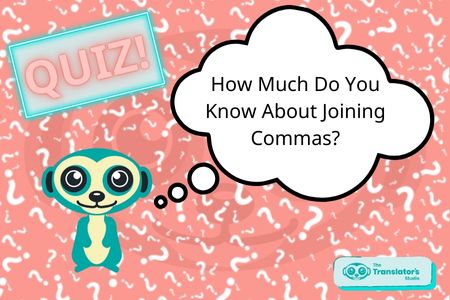
Joining commas quiz
Are the following statements correct or incorrect?
1. A joining comma is used between two complete sentences when those sentences are connected by a coordinating conjunction like for, and, but, etc.
2. In British English you can leave the joining comma out in this sentence:
The knight rode to the drawbridge, and then he dismounted and slowly walked across it.
3. You can still use a joining comma if the second part of your sentence isn’t a complete sentence.
For example, the knight stopped at the large wooden doors, and hammered on them with his fist.
Scroll down for the answers.
Get a certificate in punctuation!
- Learn punctuation fast
- Get confident
- Build up your CV to impress clients
Answers to the joining commas quiz
1 Correct. A little tip is that you can use the mnemonic FANBOYS: for, and, nor, but, or, yet and so to help you remember the coordinating conjunctions. In addition lots of people will also treat then as a coordinating conjunction if it’s used instead of and then.
2. Correct. If you normally write in British English, you’re probably happy to leave the joining comma out, whereas it would be more natural to use one in US English. Learn more punctuation differences between UK and US English.
3 Incorrect. If you use a joining comma before a conjunction, the conjunction must be joining two complete grammatical sentences.
|
|
$13.70
|
|
A comprehensive guide for every writer, editor, student, and businessperson What we think: If you need help with confusing punctuation marks, this book has you covered. Our top pick for US English. |
The zero tolerance approach to punctuation What we think: A punctuation classic that'll help you understand the difference between good and bad punctuation while keeping you entertained along the way. Our top pick for UK English. |
A comprehensive guide for every writer, editor, student, and businessperson
What we think: If you need help with confusing punctuation marks, this book has you covered. Our top pick for US English.
The zero tolerance approach to punctuation
What we think: A punctuation classic that'll help you understand the difference between good and bad punctuation while keeping you entertained along the way. Our top pick for UK English.
Boost your CV with our Punctuation Pro course!
If learning about joining commas has made you want to learn more about punctuation, check out our Punctuation Pro course! It’ll bring out the punctuation expert inside you.

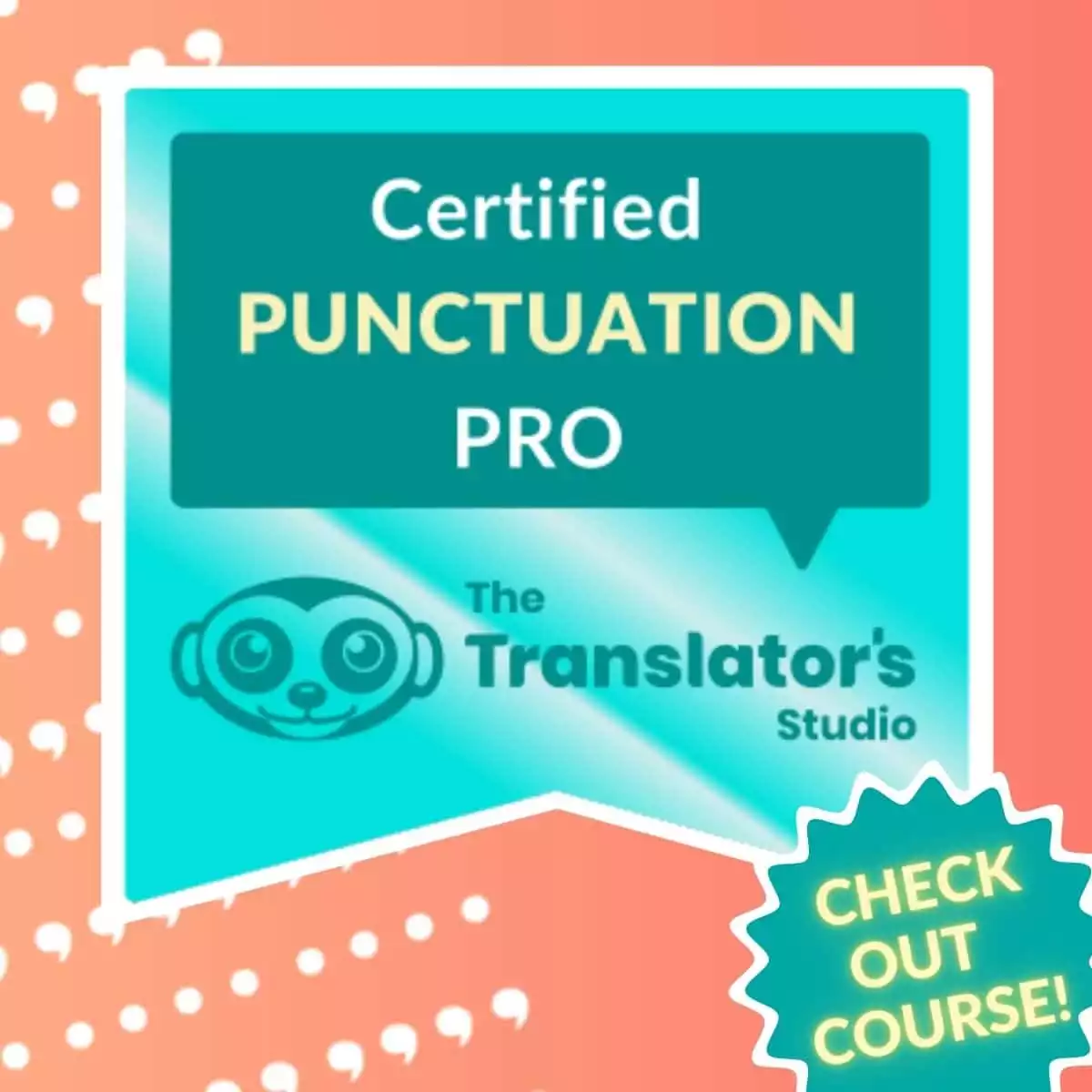
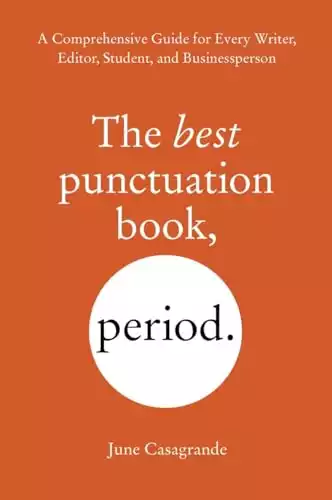
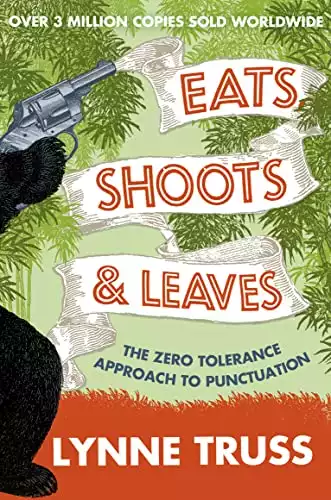

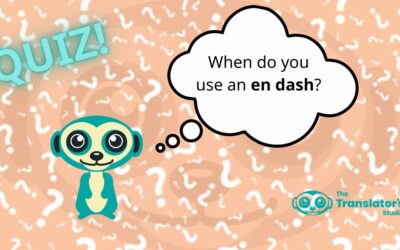
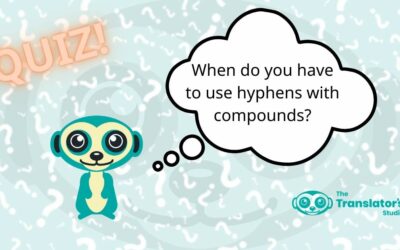
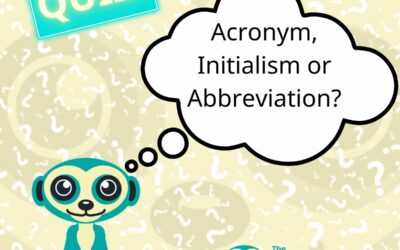
0 Comments